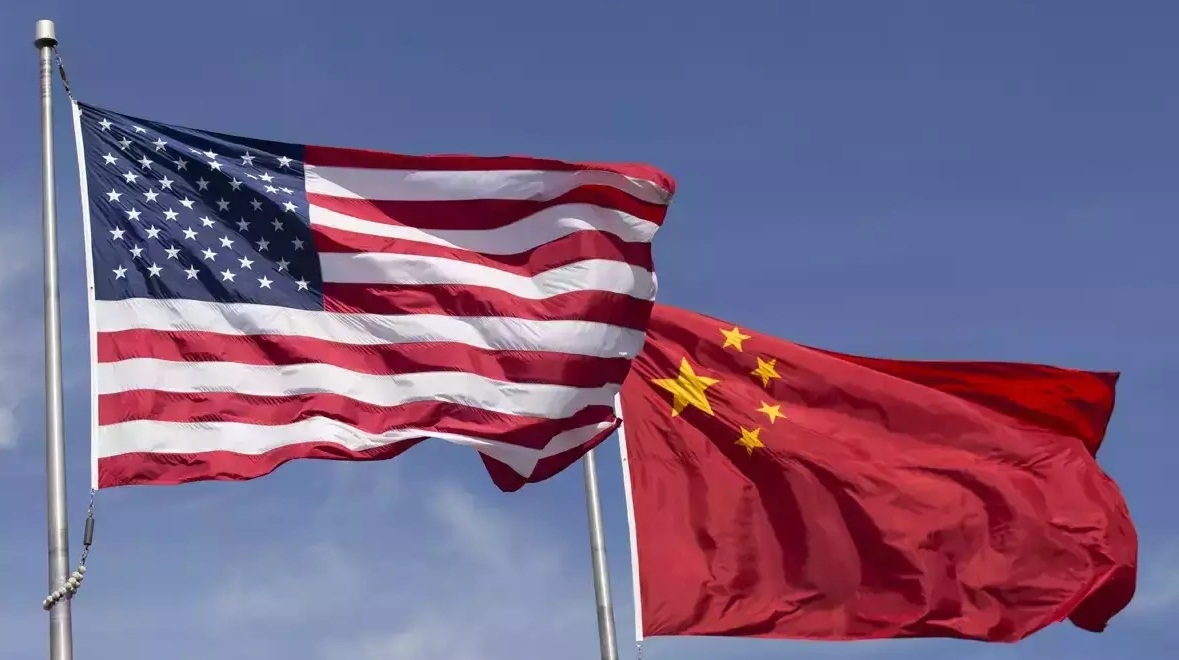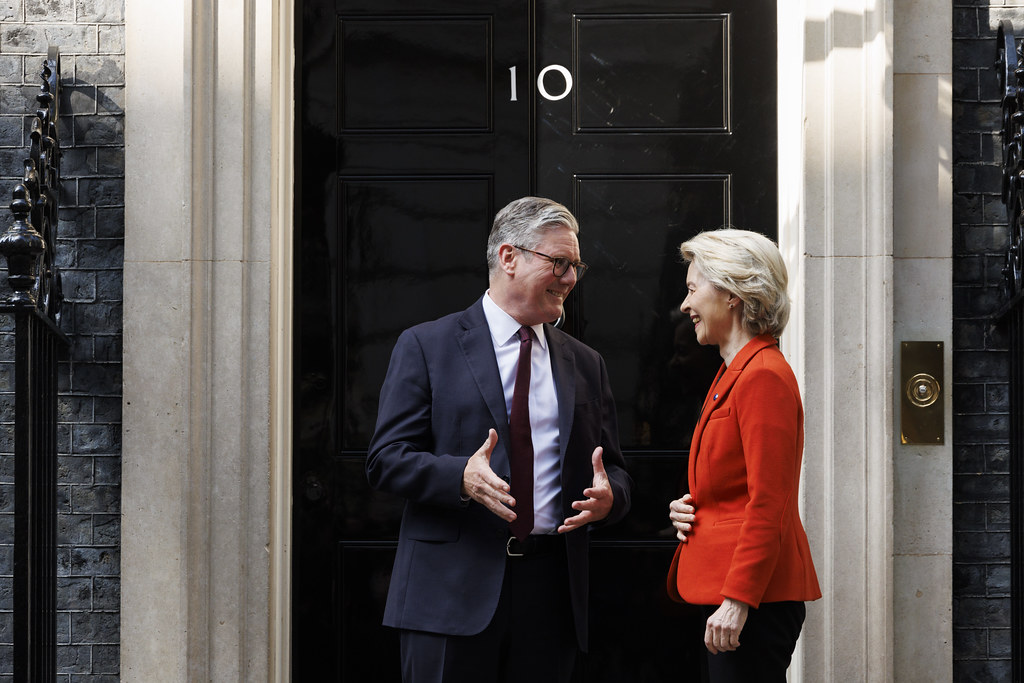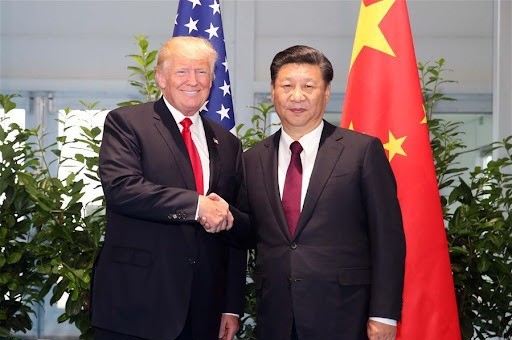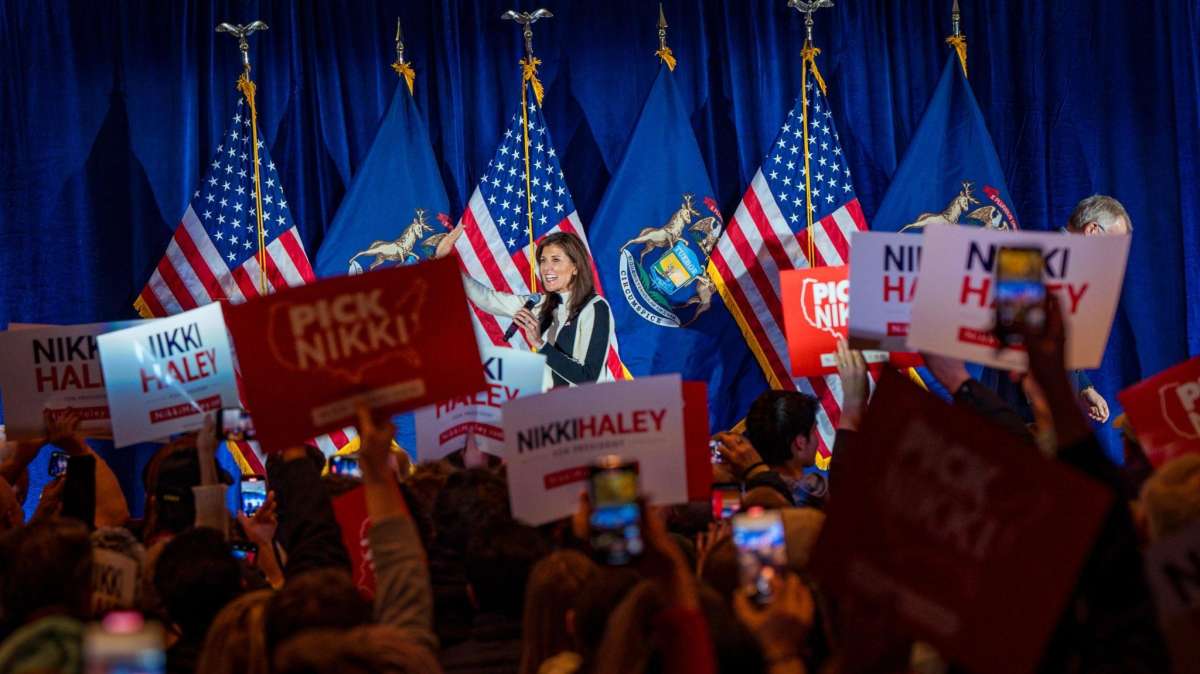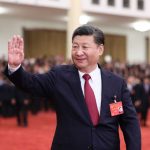While primarily targeting Russians and Russian entities, US and EU sanctions also included mainland Chinese individuals and firms, including those in Hong Kong, for aiding the Russian military.
The sanctions imposed by the US and the European Union on Friday, against several people and companies for supporting Russia’s war in Ukraine also included several companies from China, the Voice of America (VOA) reported.
Although most of the sanctions were against Russians and Russian firms, the US and EU measures also included Chinese individuals and companies based in mainland Chinese cities as well as Hong Kong for supplying the Russian military.
Moreover, they also included sanctions against Russian prison officials over the suspicious death of opposition leader Alexey Navalny.
Russia’s foreign ministry denounced the sanctions as “illegal” and said it would respond by banning some EU citizens who provided military assistance to Ukraine from entering Russia, according to VOA.
Chinese officials did not issue an immediate response to the sanctions.
However, China’s foreign ministry spokesperson, Mao Ning, commented on the expected sanctions on Tuesday at a regular briefing and said China follows an “objective and impartial position on the Ukraine crisis” and has “worked actively to promote peace talks.”
She further said that they “have not sat idly by, still less exploited the situation for selfish gains.”
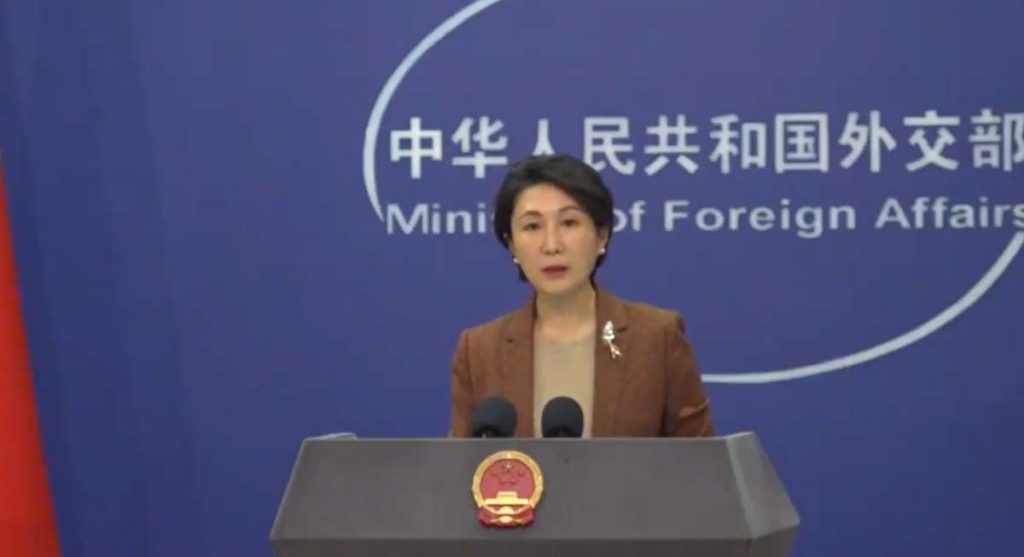
Moreover, Ukrainian officials and media reports have also accused Chinese companies of supplying key electronics and dual-use technologies, including drone components, to Russia’s military since its invasion of Ukraine two years ago. However, Beijing has denied their claim, according to VOA.
European Commission President Ursula von der Leyen preempted Friday’s official announcement on social media, stating, “I welcome the agreement on our 13th sanctions package against Russia. We must keep degrading Putin’s war machine. With 2000 listings in total, we keep the pressure high on the Kremlin. We are also further cutting Russia’s access to drones.”
Reportedly, the sanctioned individuals and companies are banned from doing business with US or European firms.
However, legal and political analysts disagreed on the effectiveness of the sanctions.
Lawyer Mark Handley, a partner at the Philadelphia-headquartered law firm Duane Morris LLP, said being sanctioned will certainly affect their international business. “Things like international insurance companies or shipping could get very complicated once they are on the sanctions list.”
However, Pieter Cleppe, editor-in-chief for BrusselsReport.eu, told VOA, “Historical research has shown that sanctions mostly fail, especially when prolonged, as is the case with Russia. The targeted country learns to cope with them.”
He added, “While sanctions may impoverish ordinary Russians, they have failed to halt the Russian offensive, which should be the goal.”
The Yermak-McFaul International Working Group on Russian Sanctions and the Ukrainian think tank KSE Institute published a report in January, showing that sanctioned technology has still been reaching Russia’s military through third-country intermediaries, which the EU and the US hope the fresh measures will stop.
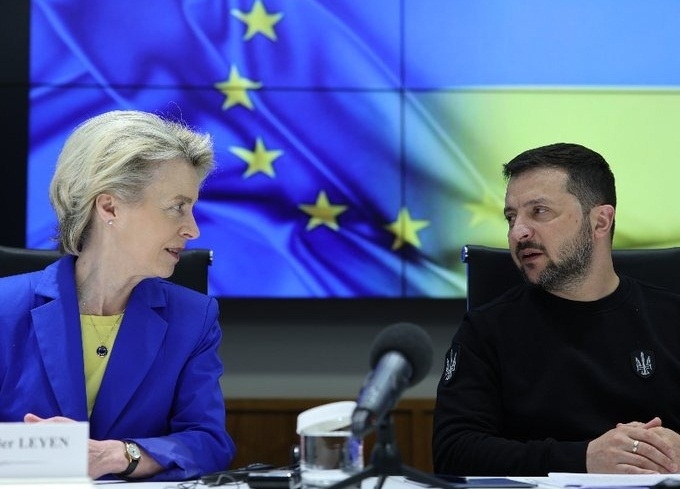
Junhua Zhang, senior assistant researcher at the Brussels-based European Institute for Asian Studies, said the EU’s highest expectation “is for China to align with the EU in resisting Russia’s aggression, which is unrealistic. The EU’s minimum expectation is for Chinese companies not to work for Russia, but strictly speaking, only fools would have such an expectation.”
“Just consider (Chinese President) Xi Jinping sees Putin as his best friend, and those below him will act accordingly, a point that Europeans also recognize,” Zhang added, as reported by VOA.
However, others argued that sanctions on Chinese firms could push Beijing to reconsider.
Aliona Hlivco, a former Ukrainian lawmaker and managing director at the London-based think tank the Henry Jackson Society, said that sanctions against Chinese companies could prove useful in deterring Russia’s war on Ukraine.
“China is currently attempting to improve relations with the West, so reinforcing China’s compliance with international norms could be opportune,” Hlivco said.
It is pertinent to mention that the EU is China’s second-largest trading bloc partner after the Association of Southeast Asian Nations.
In 2023, while Russia lost most of its European market owing to the sanctions, the bilateral trade between China and Russia hit a record high of USD 240 billion, a year-on-year increase of 26.3 per cent, VOA reported.
However, trade between the US and China in 2023 fell for the first time since 2019 by 11 per cent to USD 664 billion, according to customs data.
According to the Commerce Department, the US imported more goods from Mexico than China for the first time in 20 years. (ANI)


